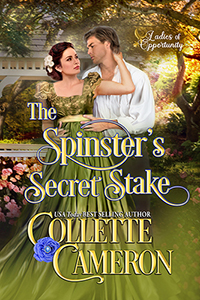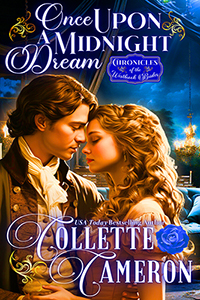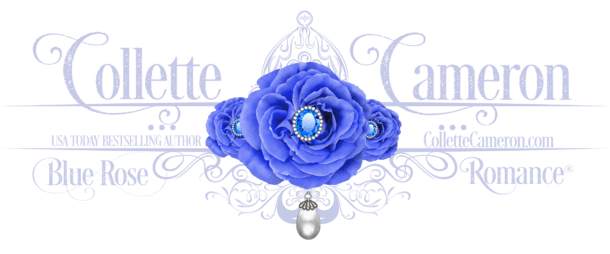Today I’m talking 1800s medical research I had to do for my novels.
I feel like some sort of a Dr. Jekyll, always poisoning someone or having a character come down with some illness or other. Yes, I did kill a couple characters with deadly nightshade in Highlander’s Hope, and I used ewe berries in The Viscount’s Vow to dispose of a couple more.
Well, I didn’t, but I had two villains commit the acts.
I have to say, I’m so glad the barbaric practice of blood letting has been discontinued. Disgusting.
Medical notions weren’t entirely forward thinking back then. For instance, when women had their menstrual cycle, doctors used the think women became a bit, shall we say, ditsy or crazy, because of the blood draining from their brains. I’ll let you stew on that one.
| Surgeon’s Kit |
Oh, and it’s important to know that doctors (physicians) and surgeons were not the same thing at all. A physician was addressed as “Doctor” and had more medical training and knowledge of diagnosing illness and medical treatments. A surgeon on the other hand, was always addressed as “Mister” and as the title implies, performed surgeries.
Apoplexy- a stroke or brain hemorrhage. Alas, I just inflicted this on a character.
Ague-sometimes thought of as fevers and chills but was also called malaria.
Consumption-what we know today to be tuberculosis. Thinking about using this.
Grippe-the flue
Milk Leg-swelling in the legs of woman who have just given birth. Hmm, I don’t even want to ponder that connection.
Pyrosis-heartburn. I’m thinking if I were to use the word, I’ve have to give the definition too.
Do you know any interesting or just plain weird facts about antiquated medical practices or terms? I’d love to hear about them if you do.










